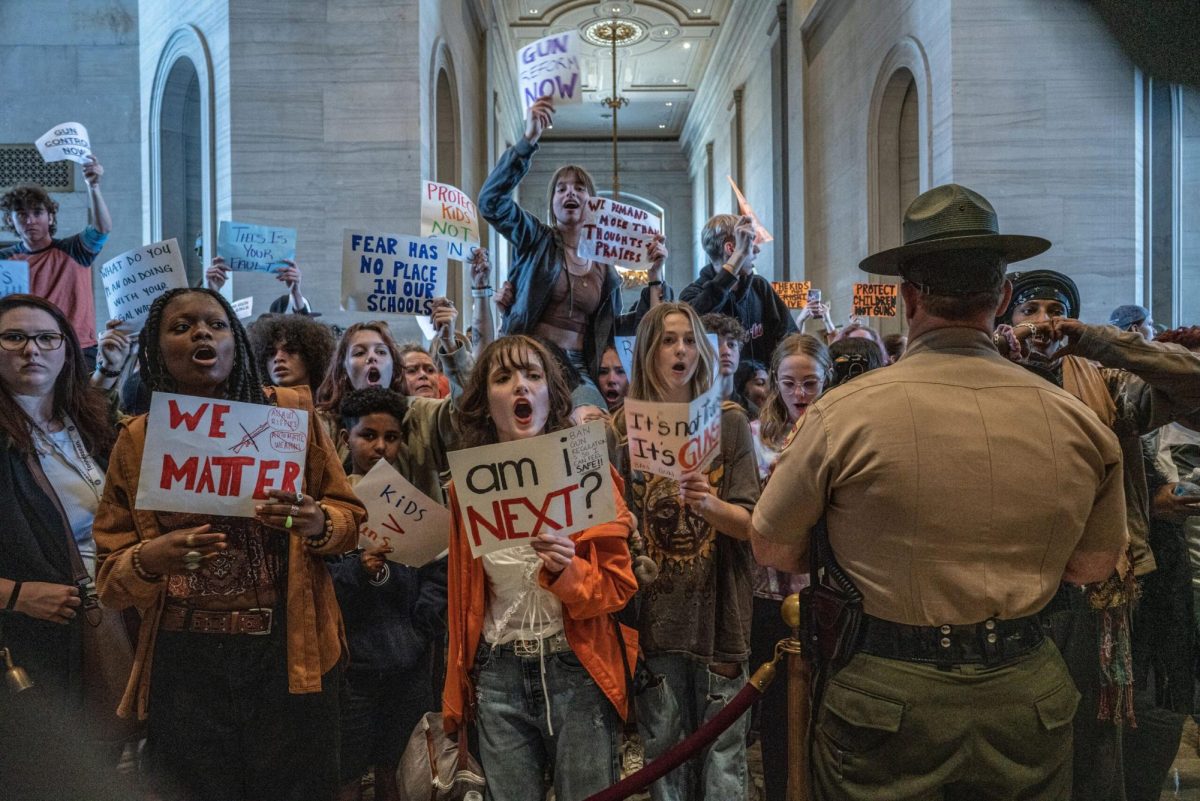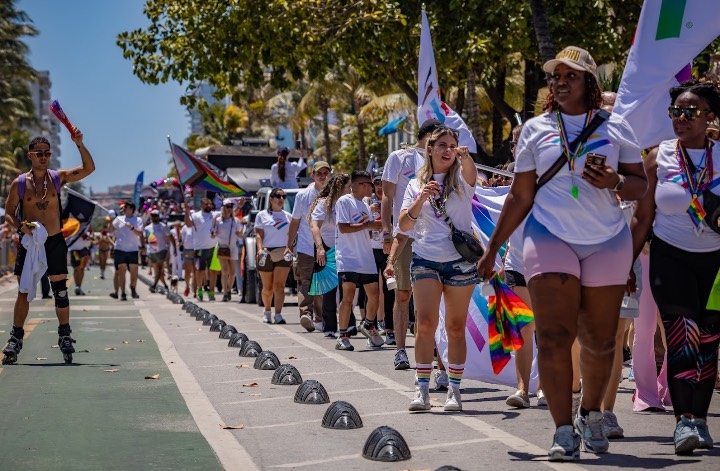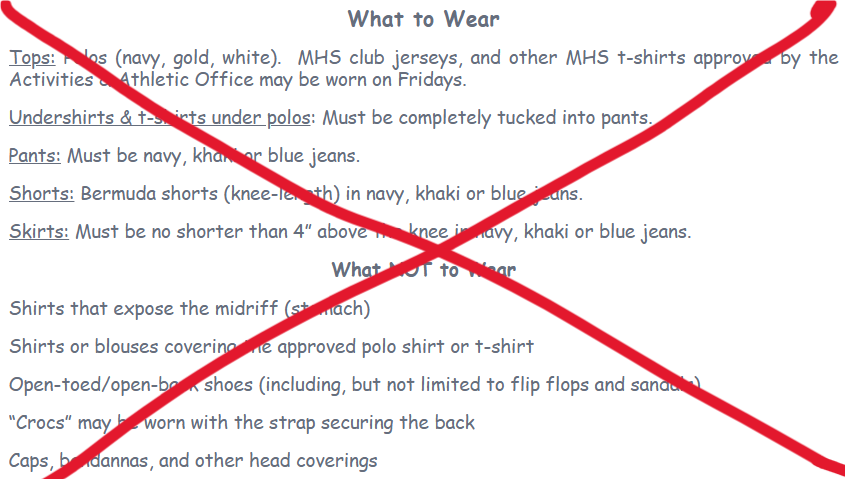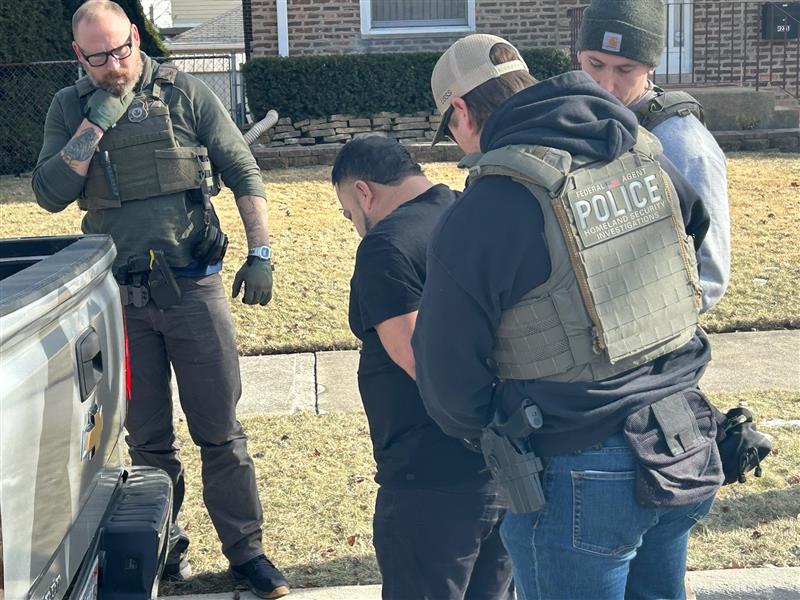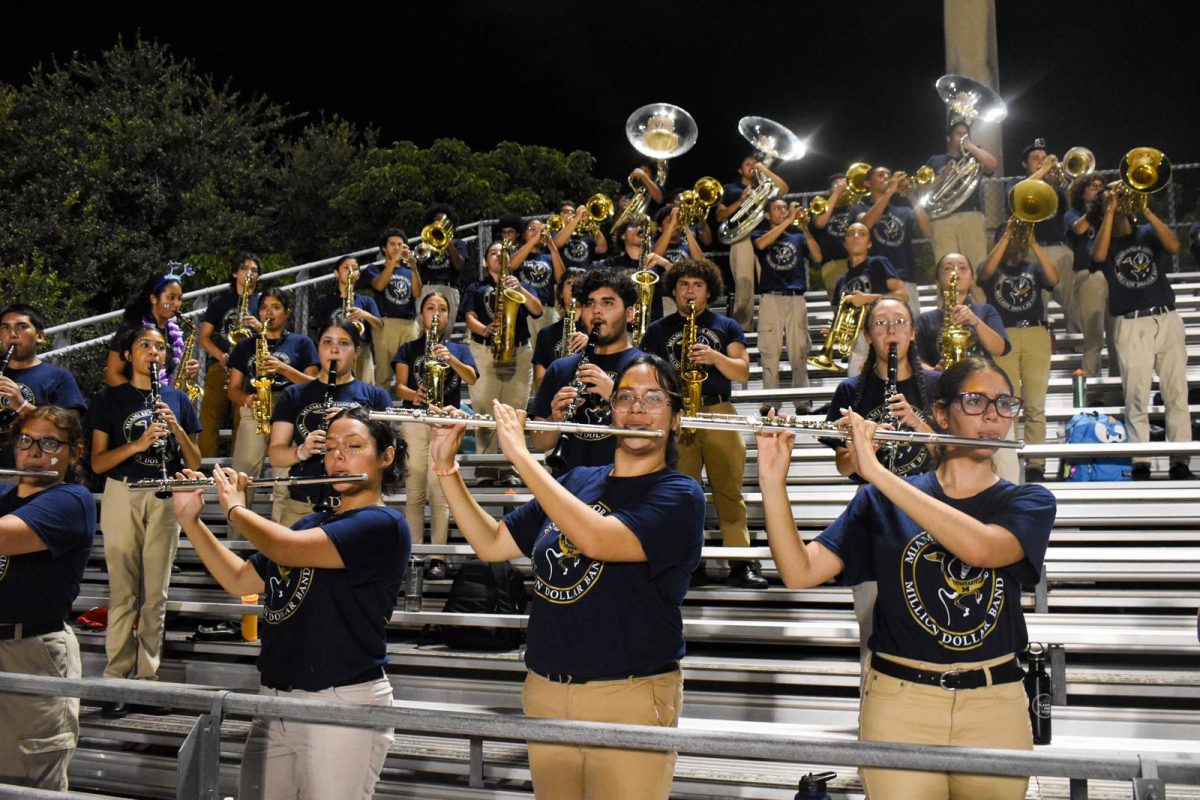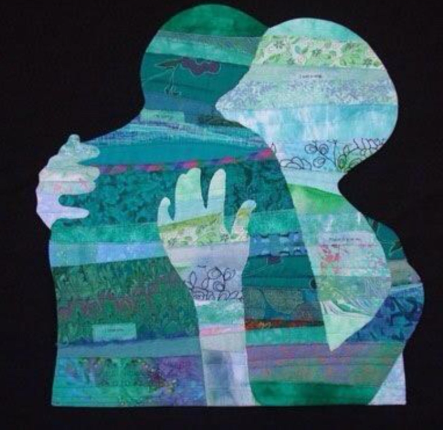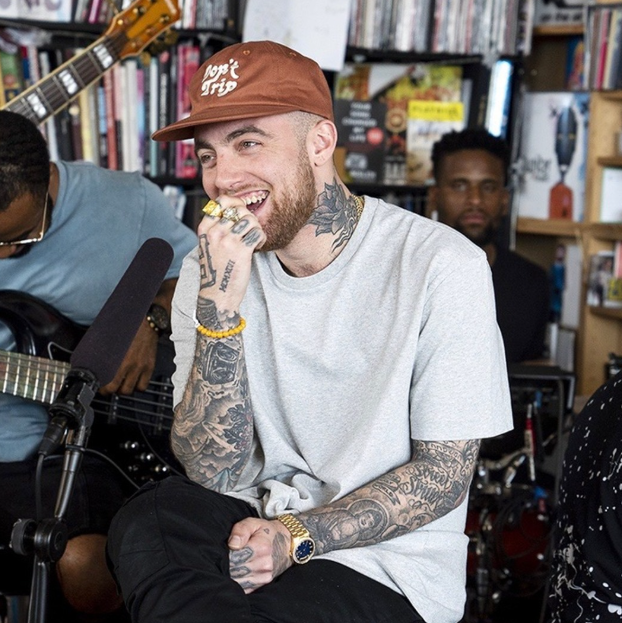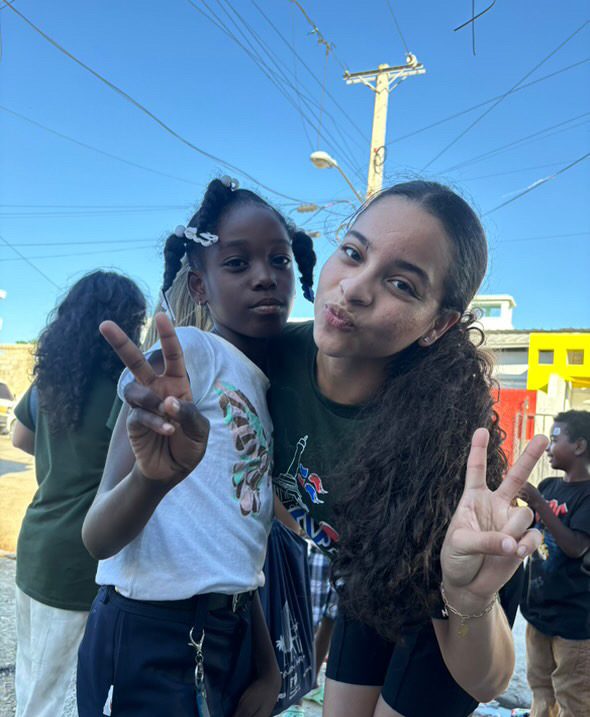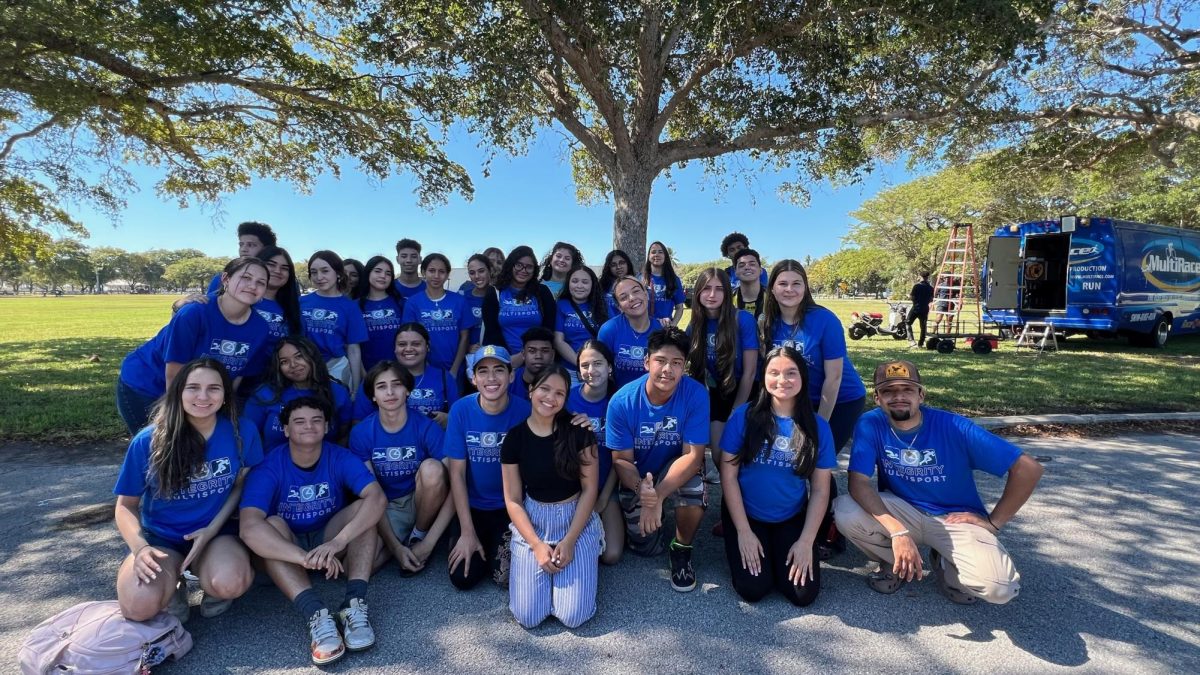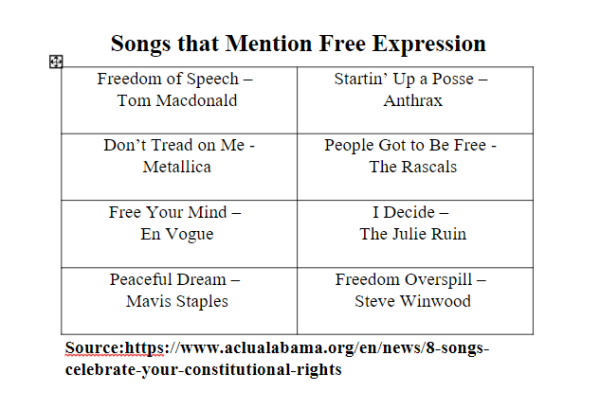
Free expression is an essential part of every human being. It’s common knowledge that the time of being a teenager can be an awkward memory for most, due to the embarrassing phases, hormonal imbalances, old bonds, etc. However, one of the key details in every teen’s life, is the journey of self-discovery.
In this odd phase, you’re unveiling parts of yourself that are monumental to the person you are. What happens if your freedom of expression is limited or even frowned upon? How can one truly discover themselves if they aren’t allowed to experience the taste of different worlds without worries of the possible repercussions, that may be unreasonable?
The Importance of Free Expression in Youth
Freedom of expression is important to teens. Freshman Valentina Bonilla has a keen ear on this topic. “Free expression is a way for teenagers to display emotions. It could really help us find ourselves and what we feel comfortable in. If we can’t express ourselves the way we truly want to,” she said, “I feel that it affects the way we carry ourselves and our mindset.”
Assistant principal Mr. Zabala brought up the uncontrollable necessity to distinguish from the crowd. “As a former teenager myself, I think everybody wants to think they’re different and be unique,” he said. “That’s why teenagers want to express themselves. Part of that is being able to identify with groups. That story is as old as time itself.”
In a New York Times article titled: “What Students Are Saying About: Freedom of Speech, Teacher Diversity and the Soul of America”, a voice in the article named Jake Hession believes: “Freedom of speech is an important right because a person’s voice is sometimes all that person has. To take away a person’s thoughts and opinions is to diminish their values and strip their life away.”
The Look
In modern society, free expression can take on the appearance of several things; however, senior Gortany Flores expanded on the substantial impact social media has on today’s teens. “Social media definitely plays a huge role in a teenager’s freedom of expression,” he said. “I feel like kids nowadays feel more comfortable sharing their thoughts or feelings through popular websites.”
Free expression has also been proven to have a direct impact on mental health. If an individual’s emotions are repressed, forcefully or self-inflicted, this can heavily deteriorate the mental stability of a person’s mind, including that of a developing teenager. It’s a human right, but it’s been steadily normalized to downplay the emotions of youth, primarily due to their age.
The Limit
There are limits, however, to free expression. Assistant principal Mr. Arscott stated, “There’s a time and place for everything. For example, you wouldn’t express yourself in a library, since you’re supposed to be quiet. It depends on the rules of that situation.”
Gortany explained the importance of safety. “As much as I’d like to say we should be able to express ourselves 24/7,” he said, “there are times where we do have to keep our opinions for safety reasons.” Despite the importance of freedom of expression, there is a definite line.
A Hot Topic…Or Not So…?
The right to expression among the younger generation is often talked about, due to both the media and society. An anonymous female sophomore shared her thoughts. “Young individuals expressing themselves freely in both media and societal environments has been a major controversial topic, especially among the older generations,” she said.”This is due to the fact that many consider teens’ way of expressing themselves unruly and ill-mannered. On the other hand, younger generations encourage each other to express themselves more freely.”
Parents with Opposing Beliefs
How can a developing teenager navigate their own path if their parents have opposing beliefs? Sophomore Jezelle Meija said, “Teens with strict parents and with opposing beliefs have a chance of never getting to express themselves properly due to control. Once they are adults, they express what they have contained.”
The previously mentioned anonymous female sophomore also weighed in on this question. “Many teens who choose to speak up about their differential beliefs with their parents, face quite a difficult time,” she said, “especially if those parents are sturdy about their beliefs. This can lead to an emotional barrier between the parent and teenager, what most adults would refer to as the ‘rebellious stage.’ Young individuals may start expressing said feelings in a nonverbal way, such as “disobeying,” speaking up against what they believe is wrong, correcting their parents for certain behaviors or offensive phrases. More or less educating them.”
Expression Today
With all the different standards and social norms taken into consideration, how can young teens “appropriately” express themselves in today’s society without crossing the line, or being deemed offensive? Gortany Flores believes it’s important to hear both sides of an argument. It’s important to make sure your voice is heard, but you must make sure the same can be said for the opposing view. He emphasizes the gravity of standing strong in your values and having your own reasons.
The anonymous female sophomore believes that there’s truly no “correct” way for one to express themselves. She ended by saying how everyone is different, and so will be their freedom of expression.


